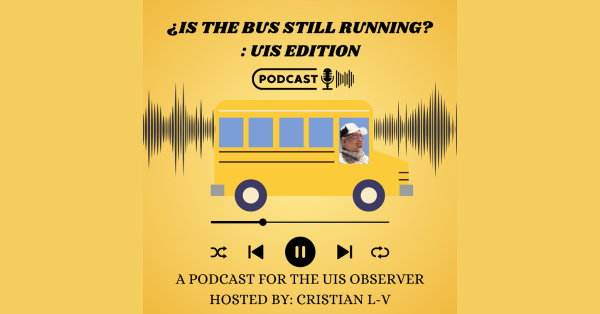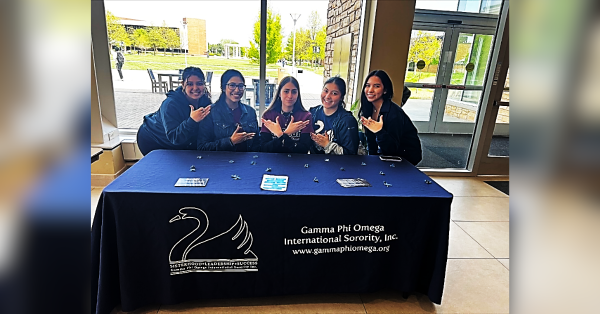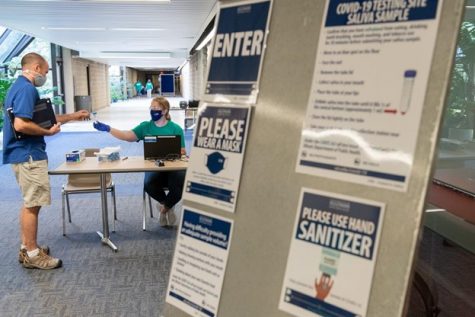A Brief Rundown of Georgia’s New Voting Law

Photograph courtesy of wrcbtv.com
After collectively impacting the recent presidential election, Georgia voters have been faced with potential concern regarding their voting rights. Following much debate and discussion surrounding the topic of voting, the state of Georgia has passed SB 202, a bill that reworks the terms of voting. Upon Georgia’s senatorial marking of approval, many believe that the law imposes dismissive restrictions. While the state’s government officials argue the opposite, the dynamic of the law has been the topic of many dichotomizing arguments. With the impending enforcement of the law, some question its long-term effects on future polls and, most importantly, voters.
Conversations about voting modifications in Georgia began soon after the presidential election and the state’s runoff elections in January. Around this time, the state had been the epicenter of election and voter fraud claims. Despite the claims having been refuted, Barry Fleming, Georgia House Representative, and colleagues purport otherwise. Alleging that poll security has been bypassed, Fleming sought out solutions to bring “confidence of [Georgia’s] voters back into [Georgia’s] election system,” thus sponsoring House Bill 531 (SB 202). Inside the bill is the controversial reworking of Georgia’s new voting policies.
As featured in SB 202, it is now illegal to hand food and water to voters waiting in line. The restriction exemplifies the greater half of the dispute. Along with the food and water restriction, bystanders are unable to give awaiting voters money or gifts of any kind. The restriction goes on to detail the act as a ploy to solicit votes, or sway one’s potential voting stance. The law applies for polling locations within 150 feet, or within 25 feet of any voter near a polling location. Regardless of long lines and waiting times, pursuing the action considers one as guilty of a misdemeanor.
The bill’s controversy also emerges in part by the challenges associated with early voting changes. Contrary to prior regulations, Georgia voters are now given new, strict ranges of time and dates on which they can vote early. Georgian officials defend the decision as a way of creating uniformity in the early voting process. However, the change adds difficulty for contrasting Georgia counties.
For Georgia’s Fulton County, located in the northern part of the state, this change disrupts regulated voting traditions. With law implementation near, the country’s mobile voting buses will no longer be available to residents. The buses, a major force in resident’s voting ability, are now lawfully inconvenienced. The voting initiative of the buses encouraged the populous county’s diverse residents to cast votes.
In wake of the state’s massive voting shift, President Biden refers to the law as “outrageous.” Furthermore, an investigation has been deployed as officials learn more about the multidimensional law. To take a look at the bill, click here.

















